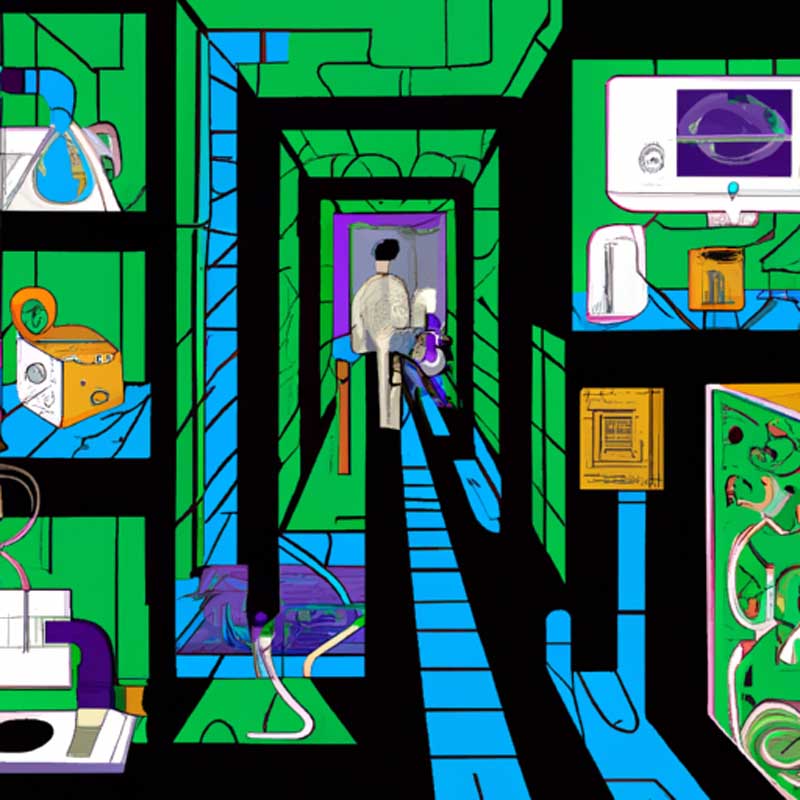TLDR:
- AI is transforming agriculture by addressing key challenges faced by farmers.
- Challenges include pests, soil quality, irrigation, and weed management.
Key Elements:
In the article “The Future Of Farming: AI Innovations That Are Transforming Agriculture,” Ganes Kesari discusses how Artificial Intelligence (AI) is revolutionizing the agricultural sector. By 2050, the world will need to produce 60% more food to feed a growing population, and AI is playing a crucial role in overcoming challenges faced by farmers.
Three primary challenges farmers face are pests, soil quality and irrigation issues, and weed management. Pests alone cause significant financial losses globally, with weeds and soil degradation also impacting crop yields. AI technology is being used to address these challenges in innovative ways.
AI applications for agriculture include pest identification and control, soil health monitoring, and weed detection and management. Companies like Trapview, CropX, and Carbon Robotics are utilizing AI-driven solutions to optimize farming practices, reduce crop losses, and improve productivity.
While AI offers numerous benefits for agriculture, there are also risks such as job displacement, ownership concentration, and ethical concerns. The integration of AI in farming requires careful consideration and governance to balance its advantages against potential downsides.
Overall, AI in agriculture is reshaping traditional farming practices and paving the way for a sustainable and resilient future. By leveraging AI technologies, farmers can enhance crop yields, reduce environmental impact, and ensure food security for a growing population.
